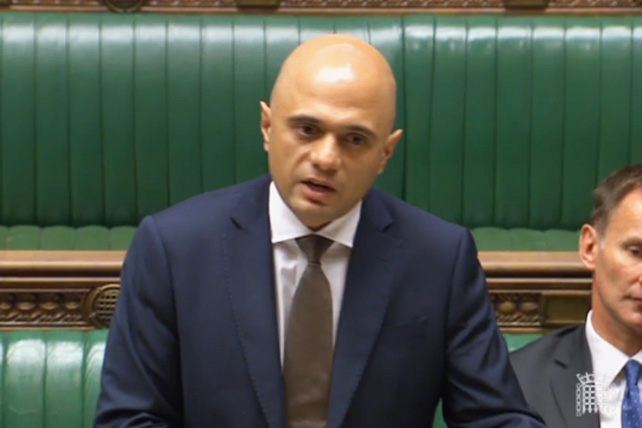1. Bulgaria at risk. Harm reduction financing has reached critically-low levels in Bulgaria. The government has failed to provide sufficient support for needle-syringe programmes (NSPs). Read more at TalkingDrugs. Read an interview with Bulgarian activist Yulia Georgieva at DrugReporter.
2. David Subeliani was elected member of International Drug Policy Consortium’s Advisory Council. David is a drug policy reform activist from Georgia and a founder of the Georgian grassroots advocacy group White Noise Movement, which campaigns actively for the decriminalisation of drug use and the possession of small amounts. Details at IDPC.
3. Russian organisation, the Andrey Rylkov Foundation, continues to seek support to help them pay a fine of 800,000 RUB ($11,687). The ARF had broken Russian law by publishing an article providing safety advice around synthetic drug use. The ARF is the only organisation providing Moscow’s heroin-injecting population with sterile needles, HIV prevention, and harm reduction advice, VICE report. The full article is available here.
4. Ukrainian harm reduction project “DrugStore” for teens and young people, writes about safe sex and consent, types of drugs and how to prevent overdose, as well as about music, fashion, relationships. Read more here.
5. The All-Ukrainian Network of People Living with Drug-Dependency “Volna” held protest action against a repressive new draft drug law. Activists called on the President to veto the draft law, Informator reports. If the draft law is ratified, the fine for possessing a small amount of drugs will be UAH 51,000 ($1,800) and mandatory minimum sentences will increase from 3 to 5 years.
6. Dasha Ocheret, EHRA expert in drug policy, explains key concepts and definitions of drug policy. This time, she touches upon the concept of “the right to satisfaction” from drug use, and explains the work of international conventions which sustain the war on drugs. Short version of the third and fourth interviews are available at TalkingDrugs (Rus)
7. An interview with Russian activist Tatiana Kochetkova, program manager of ENPUD (Eurasian Network of People who Use Drugs), who was forced to flee to Georgia from Russia. Tatiana speaks about her life as a person using drugs in Russia, and her current work as a coordinator at ENPUD. Read the full interview here (Rus).
8. Harm Reduction International published a report on global harm reduction in 2016-2018. The Eurasian region keeps “leading” in high HIV rates and high overdose mortality rates, and lacks sufficient access to harm reduction services. Read in more detail at TalkingDrugs (Rus).
9. Ukraine’s Ministry of Social Affairs, in cooperation with NGOs, is developing new standards of providing rehabilitation services for people dependent on drugs and/or alcohol. Currently, Ukraine has 3,000 rehab centres, some of which have prison-like regimes. Activists state that rehab centres must respect human rights and provide testing and treatment services. Read in detail here.
10. Naloxone production has been halted in Russia. The only pharmaceutical plant producing this life-saving medicine has temporarily stopped production due to shortages of the supply of raw materials, “Takie Dela” reports (Rus).
11. How psychedelics affect our brains and body – an overview by Motilek newspaper (Rus).
12. AFEW International and Aidsfonds have announced a call for applications for emergency grants in the framework of the Emergency Support Fund for Key Populations. Organisations from 10 countries in Eastern Europe and Central Asia can receive small grants with a maximum amount of €5,000 per grant. For more details visit this link (Rus).


